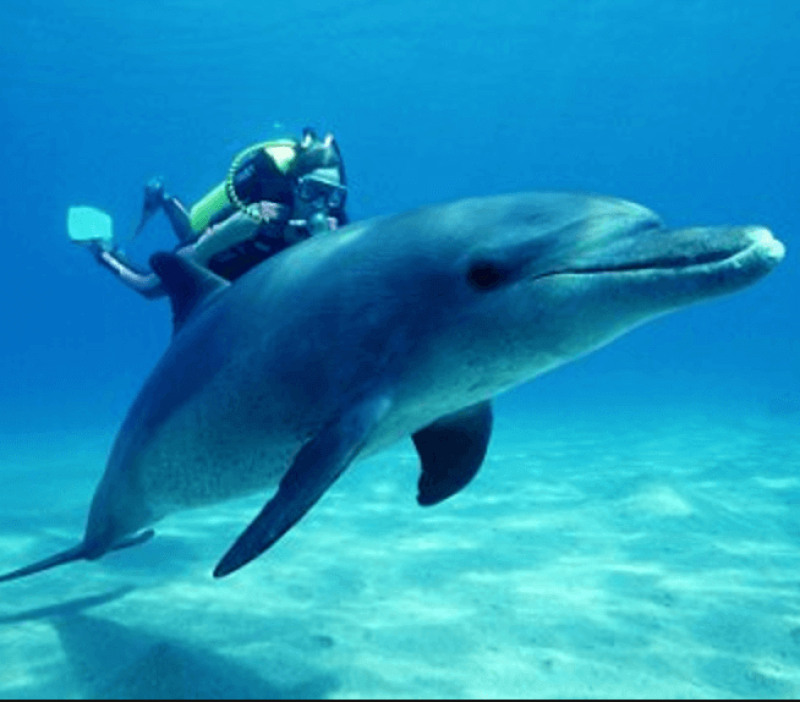“Dolphins and humans are very, very similar creatures,” said NIST’s Ben Neely, a member of the Marine Biochemical Sciences Group and the lead on a new project at the Hollings Marine Laboratory, a research facility in Charleston, South Carolina that includes the National Institute of Standards and Technology (NIST) as one of its partner institutions. “As mammals, we share a number of proteins and our bodies function in many similar ways, even though we are terrestrial and dolphins live in the water all their lives.”
…
Studies have recently revealed that lesser-known proteins in the blood of marine mammals may be playing a big role in the dives by protecting bottlenose dolphins’ kidneys and hearts from damage when blood flow and oxygen flow start and stop repeatedly during those underwater forays.
One of these proteins is known as vanin-1. Humans produce vanin-1, but in much smaller amounts. Researchers would like to gather more information on whether or not elevating levels of vanin-1 may offer protection to kidneys.
“There’s this gap in the knowledge about genes and the proteins they make. We are missing a huge piece of the puzzle in how these animals do what they do,” said Mike Janech from the Medical University of South Carolina. His group has been researching vanin-1 (link is external) and has identified numerous other potential biomedical applications for the dolphin genome just created by NIST.
The GLP aggregated and excerpted this blog/article to reflect the diversity of news, opinion, and analysis. Read full, original post: Diving deep into the dolphin genome could benefit human health































